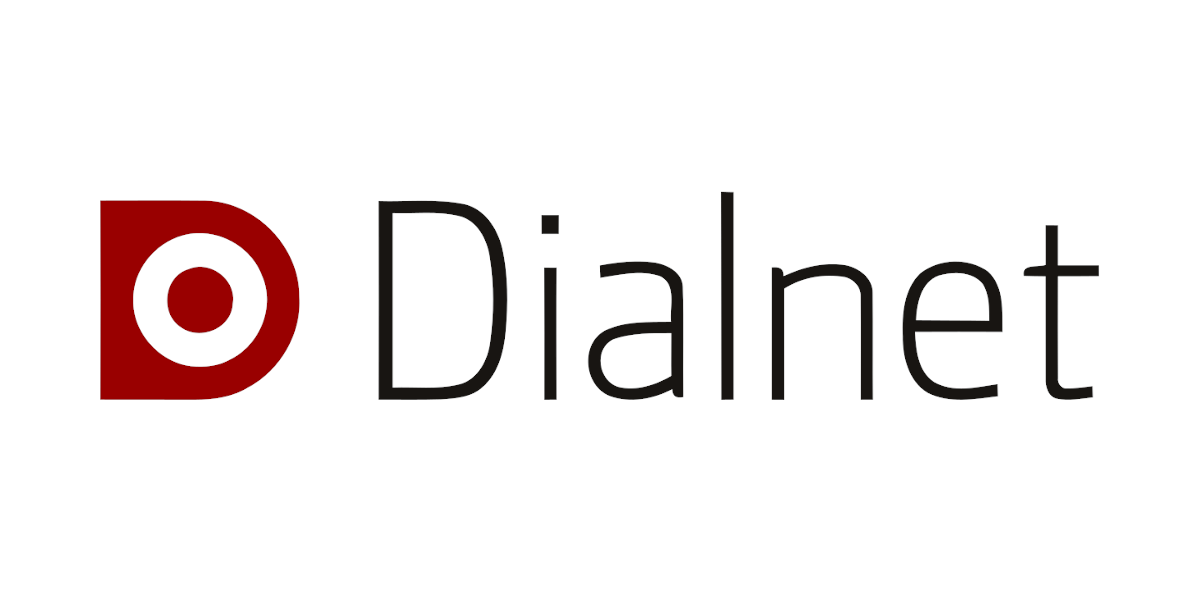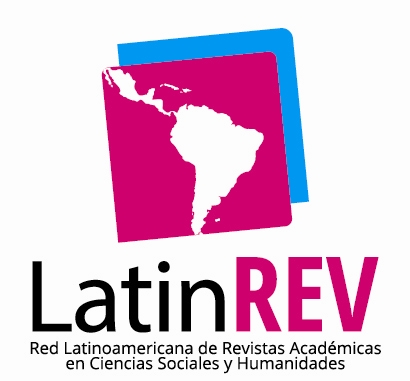The automatic legality control of its evolution and challenges
DOI:
https://doi.org/10.70254/controlvisible.2022.2.25Keywords:
Contraloría General de la República , Automatic control of legality , Failures of fiscal responsibility , control bodies, oversight and fiscal management., Fiscal responsibility, Office of the Comptroller General of the RepublicAbstract
This article presents a brief analysis of the extinct procedural figure of the “Automatic Control of Legality of Fiscal Responsibility Rulings”. First of all, it is important to highlight that, according to Article 117 of the Political Constitution of Colombia, the Public Prosecutor's Office and the Office of the Comptroller General of the Republic are control bodies. Article 119 establishes that the Comptroller's Office has the competence to oversee fiscal management and control the results of the administration. Title X of the Constitution, in Articles 267 and following, specifies the powers, functions and responsibilities of this technical control body. The innovation introduced by Legislative Act 04 of 2019 and related regulations is the creation of an automatic control of legality for fiscal responsibility rulings, which due to their administrative nature have a particular and specific scope. This article addresses the problems that arose with the application of this new means of control in the jurisdictional venue, examining the challenges and implications of this normative evolution.
Downloads
References
Comunicado de prensa 07 de marzo 9 y 10 de 2022 que puede consultarse en la página web de la Corte en el siguiente link: https://www.corteconstitucional.gov.co/comunicados/Comunicado%20No.%2007%20-%20Marzo%209%20y%2010%20de%202022.pdf
Congreso de Colombia (2022). Acto Legislativo 04 de 2019
Consejo de Estado, Sala Plena de lo Contencioso Administrativo, Sala Séptima Especial de Decisión. 28 de abril de 2021. Radicación: 11001031500020210117500 (A). M.P: Martín Bermúdez Muñoz. 4 Véase en https://arizaymarin.com/actualidad-legal/inaplicacion-por-inconstitucional-del-control-automatico-de-los-fallos-con-responsabilidad-fiscal/5
Consejo de Estado. Radicación: 11001031500020210117500 (A). M.P: Martín Bermúdez Muñoz.
Consejo de Estado, Sala Plena de lo Contencioso Administrativo, Sala Séptima Especial de Decisión. 28 de abril de 2021. Radicación: 11001031500020210117501 (A). M.P: William Hernández Gómez.
Congreso de Colombia (2021). Ley 2080 de 2021
Gavidia Pacheco, A., Molina Araujo, E. A., Illidge Correa, I. J., de Jesus Diaz, L., & Illidge Correa, I. Y. (2021). Effective use of information and communication technologies in sanctioning processes and fiscal responsibility. CUESTIONES POLITICAS, 39(69), 42-59. https://doi.org/10.46398/cuestpol.3969.02
Ordonez Vasquez, T., Gomez Jaramillo, A., & Bayona Aristizabal, D. M. (2019). Fiscal findings and processes of fiscal responsibility in Colombia 2012-2017. REVISTA REPUBLICANA, 27, 211-233. https://doi.org/10.21017/Rev.Repub.2019.v27.a74
Downloads
Published
Issue
Section
Categories
License
Copyright (c) 2022 Control Visible

This work is licensed under a Creative Commons Attribution-NonCommercial 4.0 International License.
How to Cite












